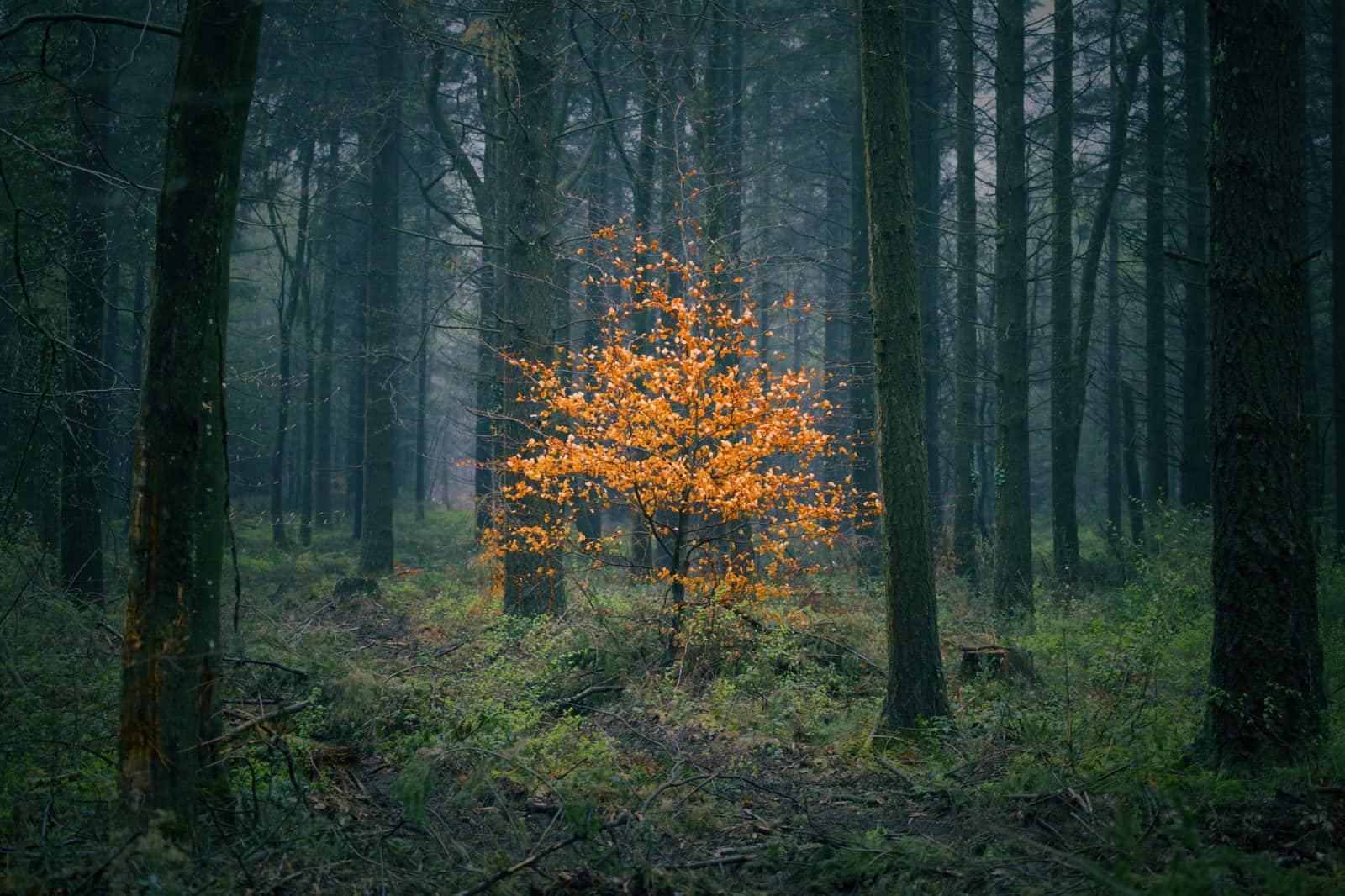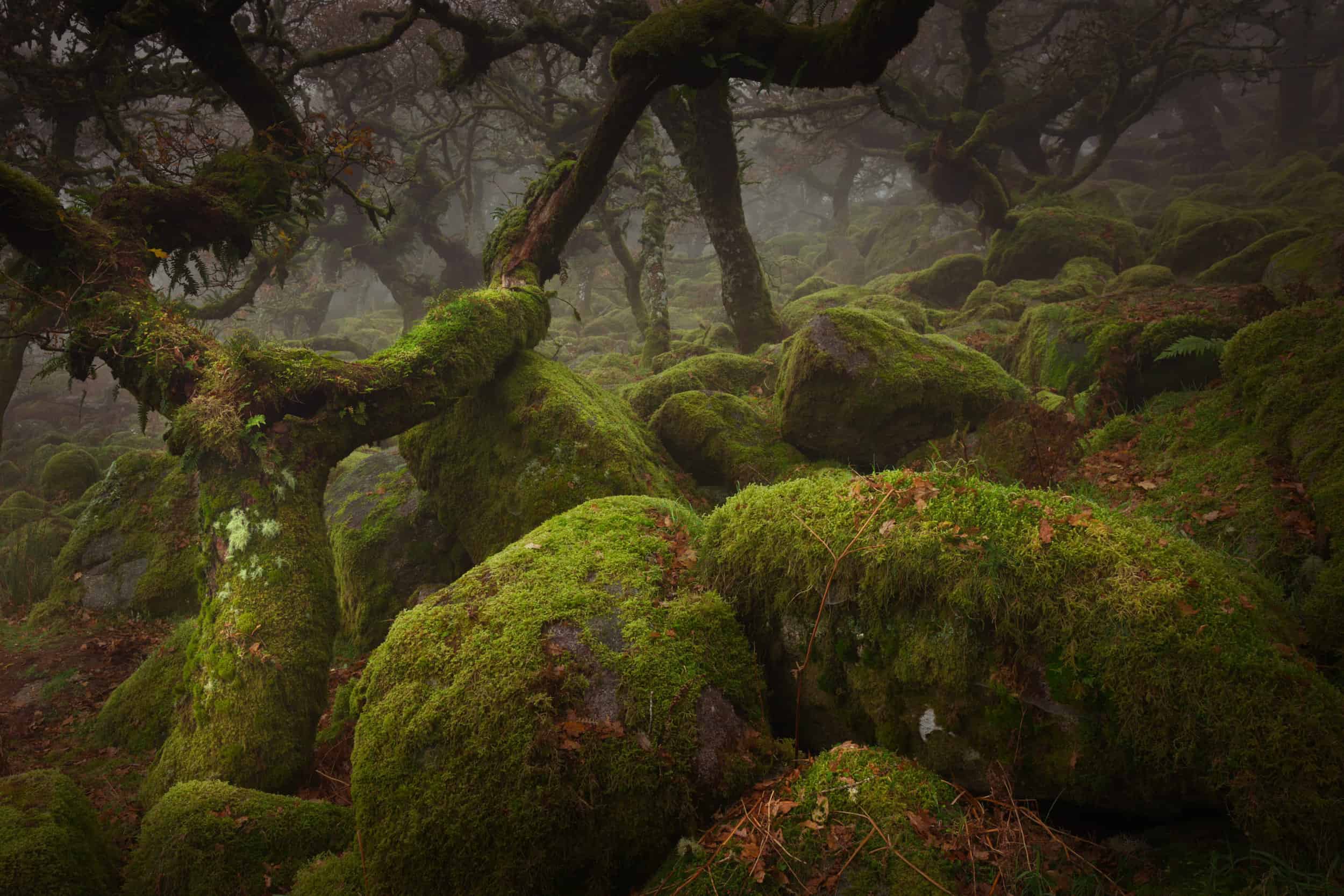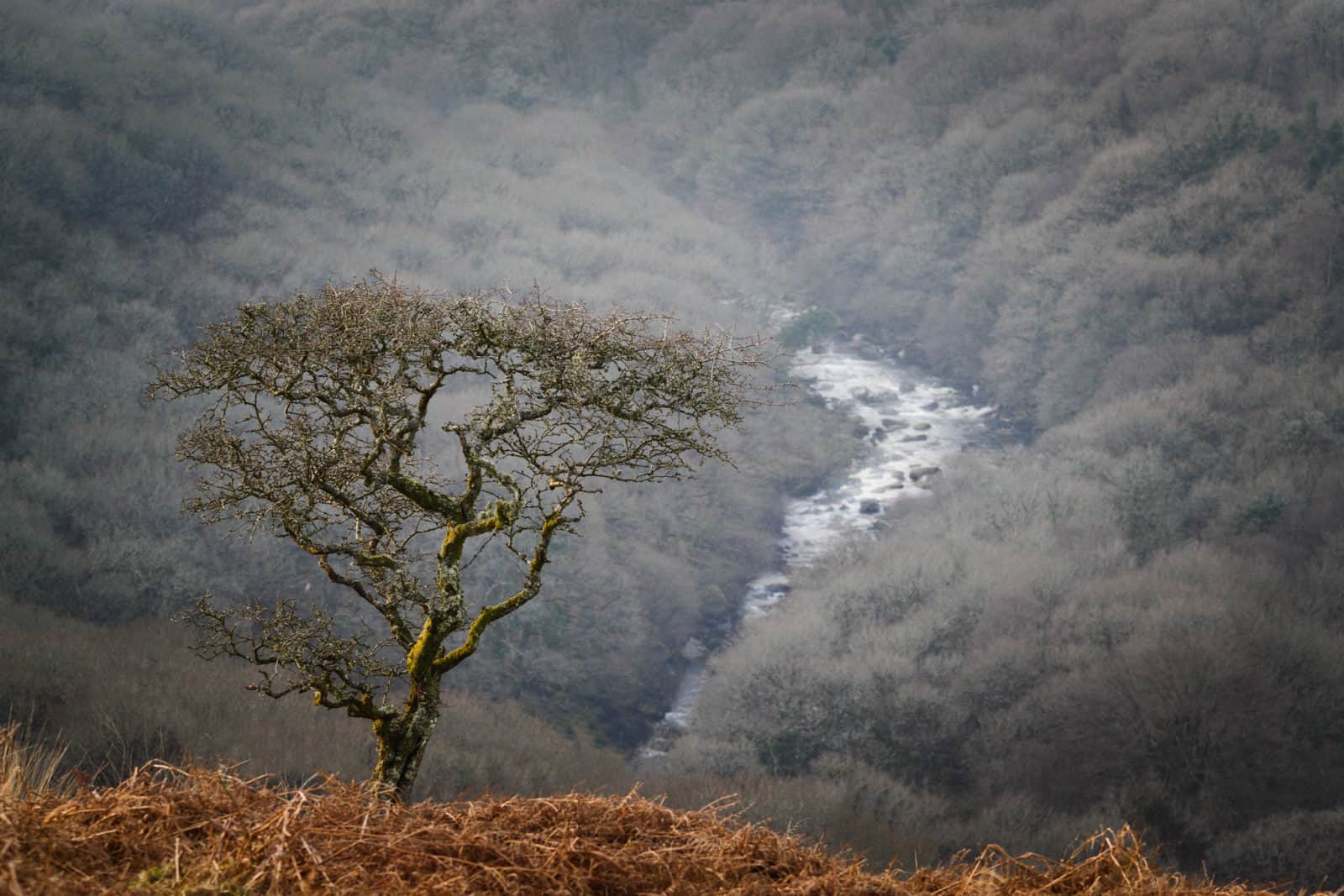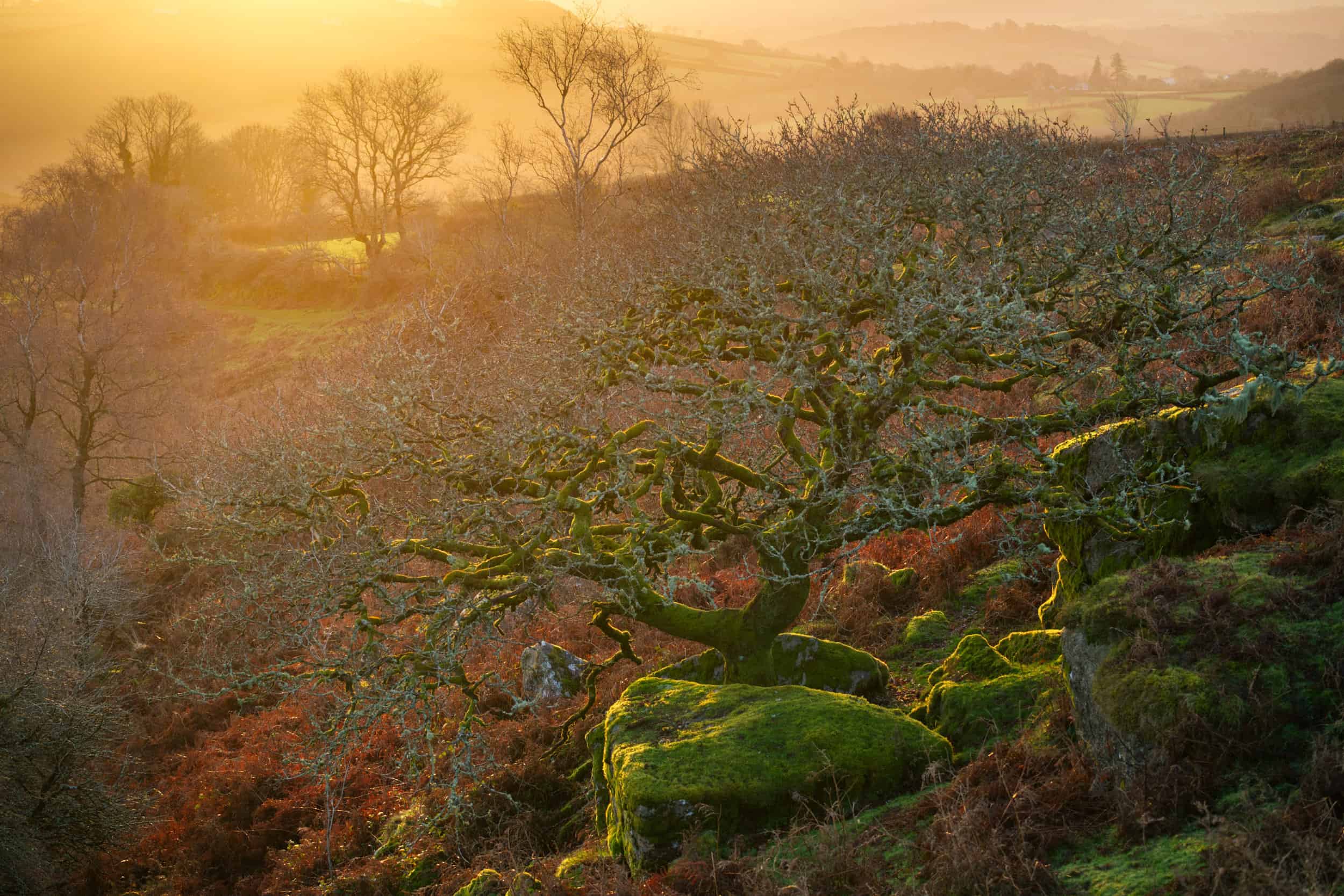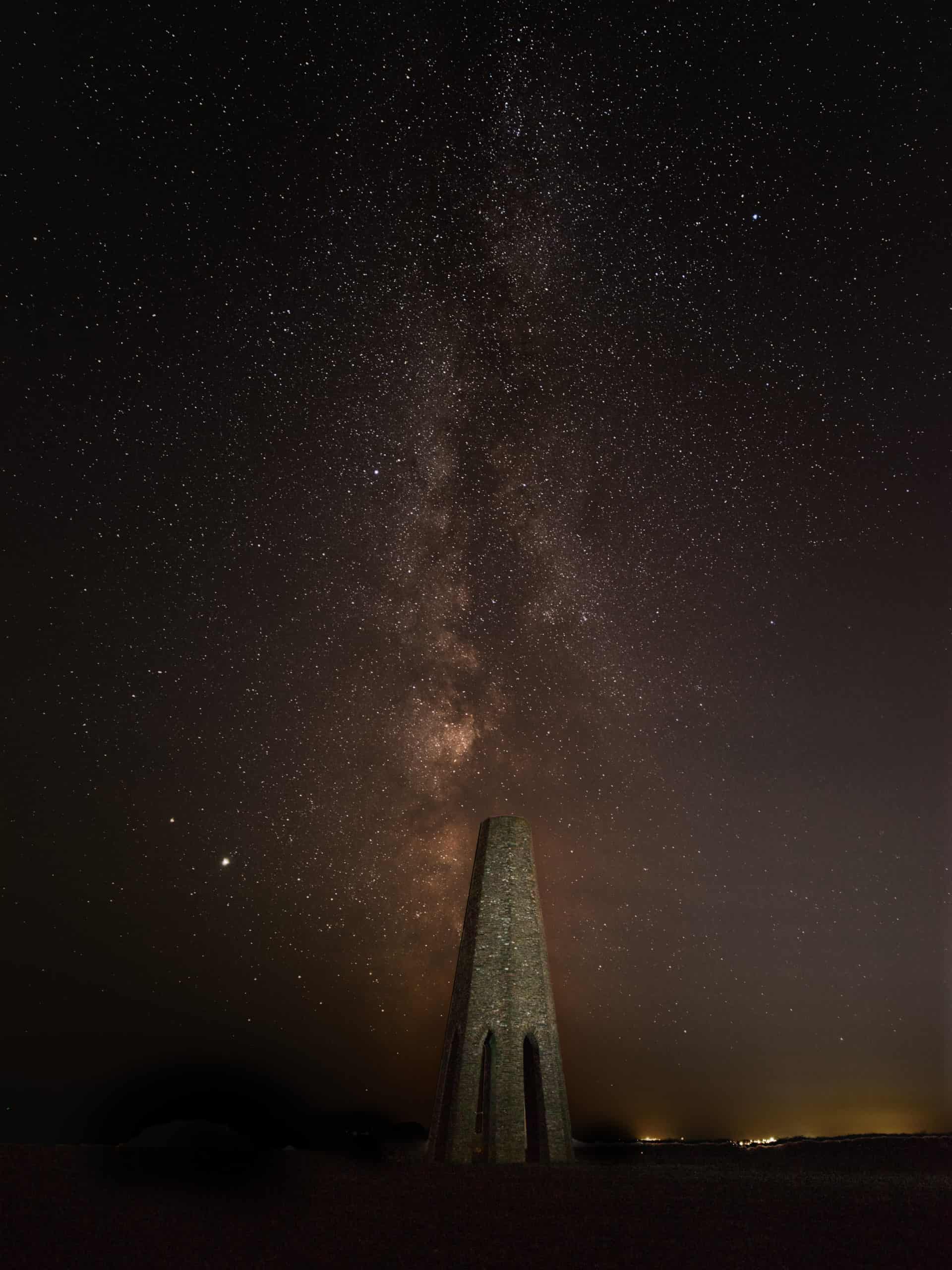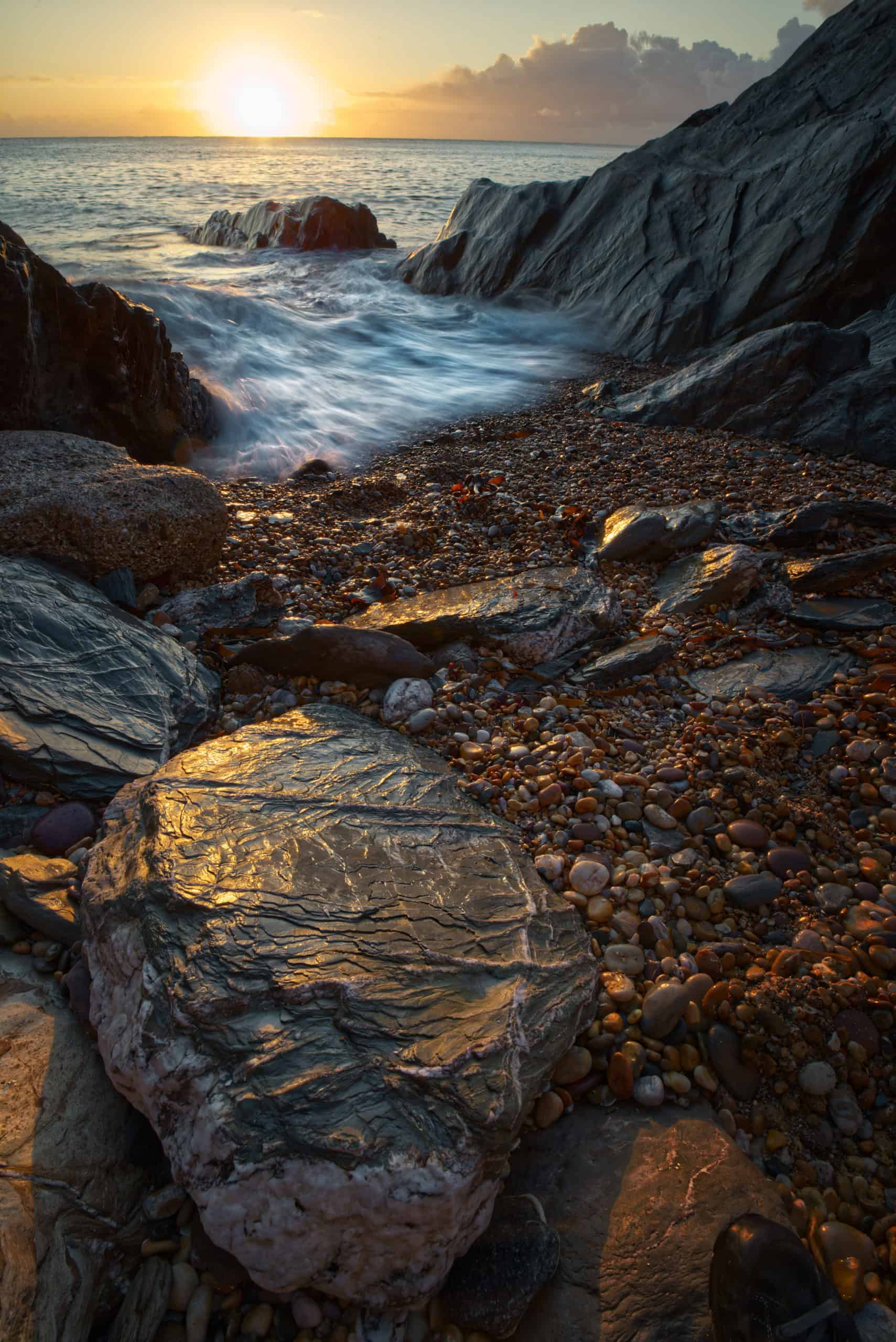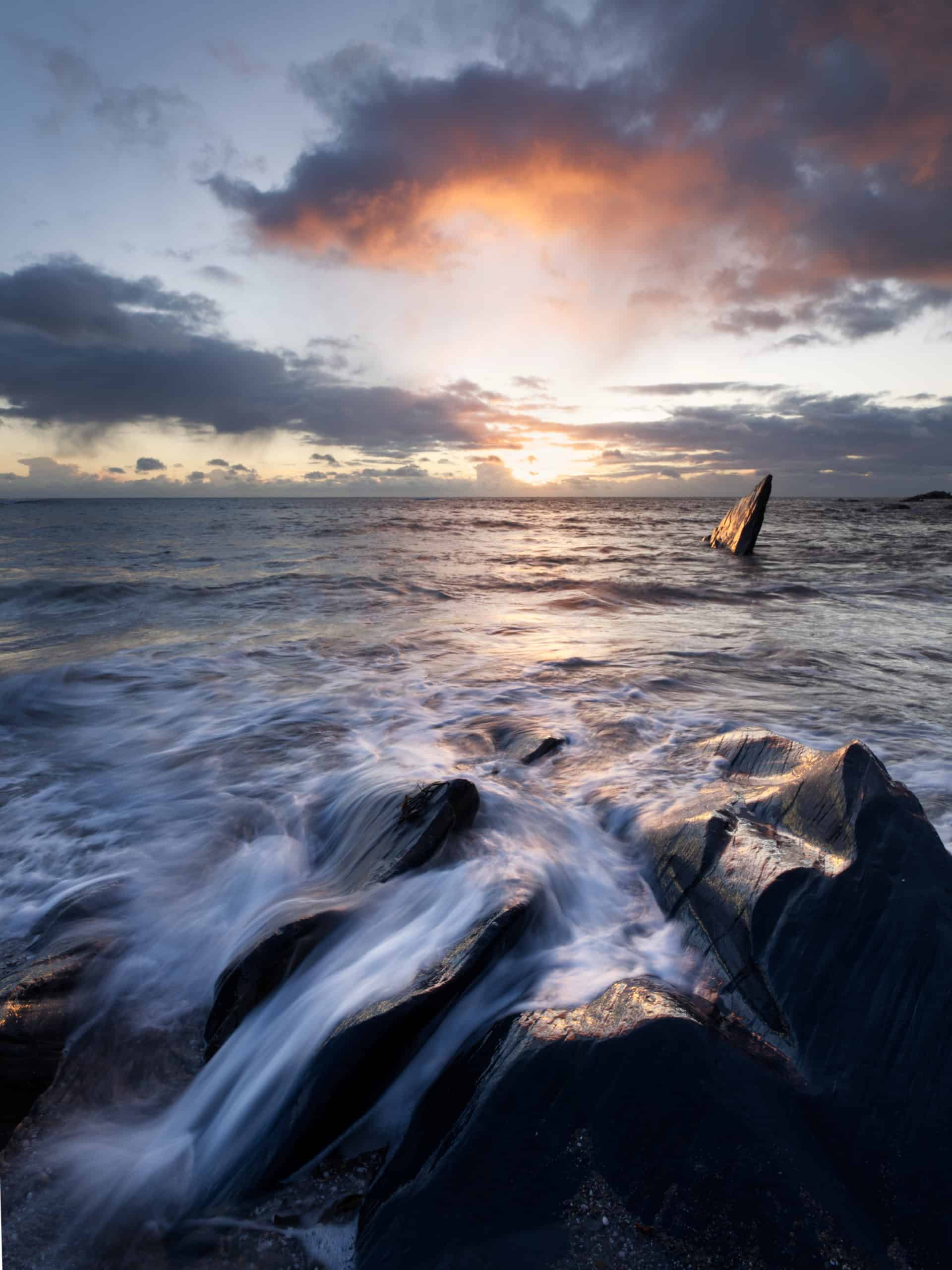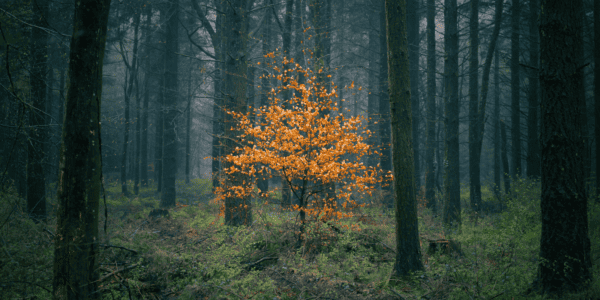This course is aimed at those wanting to improve their landscape photography.
Very often when starting out in photography, the image we take with our camera isn’t the same as the image we see with our eyes; or at least it doesn’t reflect the same feelings of awe and beauty we felt when viewing the scene.
In this course you will learn to use the settings and features of your camera to confidently shoot with more artistic intention; for example, the relationship between aperture and shutter speed and how we can use each of these to creative effect; how to ‘meter’ correctly; and why we should pay attention to ‘white balance’.
We will examine what makes an image great and how to apply some basic concepts of composition to make your images stand out. And finally we will look at post-processing: the ‘second half of the creative process’; while you can’t make a bad image look good, with the help of some free but powerful editing software, we will learn how to make a good image great.
We will also go on a number of excursions to many of the most beautiful places in South Devon to put what you’ve learnt into practise, with the guidance of your course leader.
Tutor: Tom Pinches
Tom has been photographing the landscapes of the South West for five years; he is the judge for Kingsbridge Camera Club’s annual wildlife photography competition and has run workshops on photography, including ‘an introduction to astrophotography’ for Devon’s Local Nature Partnership.
Example Timetable
Friday
- Arrival by 13.30 Course will start at 14.00
- Workshop (indoors):
What makes a good image?
Camera basics - Visit to Ayrmer cove (dusk)
Saturday
- Visit to limpet rocks (dawn)
- Breakfast
- Composition and aesthetics (indoors)
- Post processing workshop (indoors)
- Lunch
- Afternoon and evening shooting Dartmoor’s hidden woodlands
Sunday
- Visit to East Prawle (coastal)
- Breakfast
- Closing workshop and photo sharing (indoors)
- Course ends - circa 16.00
What's Included
- This course involves early mornings and late finishes, however these sessions are optional if you’re not an early bird!
- It may be possible to run an astrophotography session on the Saturday night, where you can learn to photograph the stars and Milky Way, which is also optional and weather dependent.
- Depending on the weather on the Saturday night we may try and have dinner at a pub which will be an additional cost to the course fee.
- Some landscape photographers choose not to use a tripod – if you don’t have one and are happy not to use one, this is absolutely fine, although some techniques we will learn are reliant on them.
- There will be some moderately strenuous unsurfaced walking involved so some aspects of this course are not suitable for those with mobility problems – if in doubt, please get in touch.
Before You Attend
Where to meet and at what time?
Resident participants are requested to arrive for registration by 13.00 on arrival day. The course will begin at 14.00. Non residents can arrive 10/15 mins before course start time. There will be an introductory talk at 5.00pm. Supper is usually at 6:30pm. A non resident booking also includes dinner during your course as teaching does progress into the evening. Breakfast, for resident participants, will be from 8:00am. The course will end on Sunday at 16.00. On the final day please vacate your room by 9:00am, storage is provided for your luggage.
What shall I bring?
- A camera with the ability to adjust settings like aperture and shutter speed e.g. a DSLR, mirrorless camera, bridge camera, or advanced compact camera.
- A tripod (optional)
- A laptop
- Sturdy footwear (walking boots), wellies and waterproofs
- Packed Lunch box
Sorry this course booking is closed

